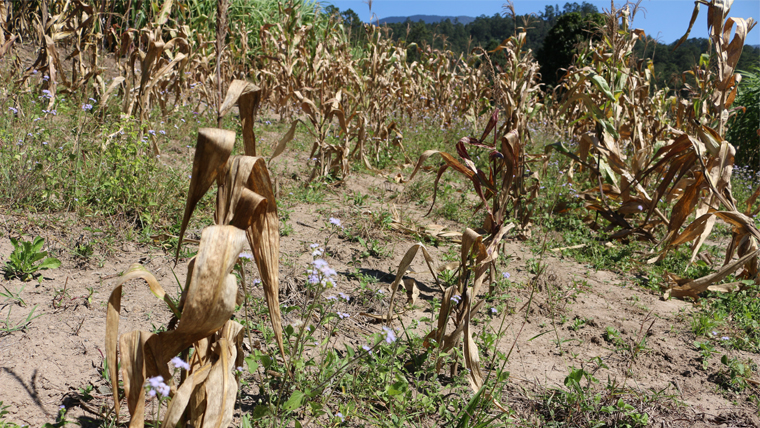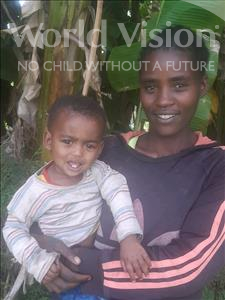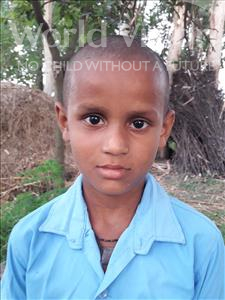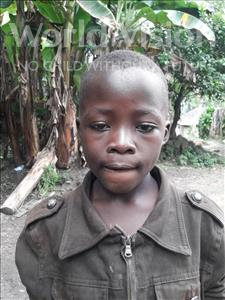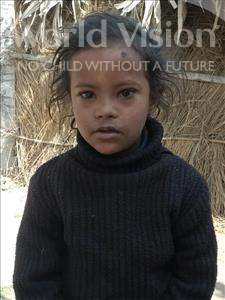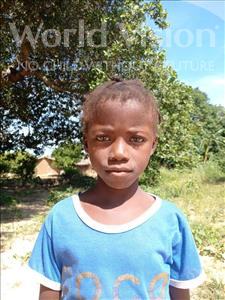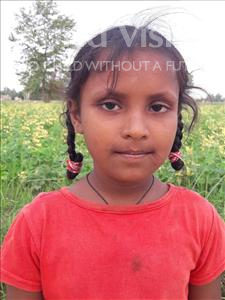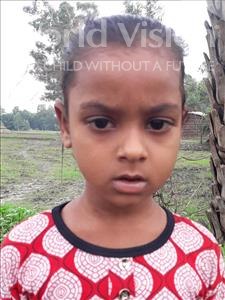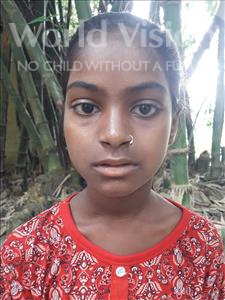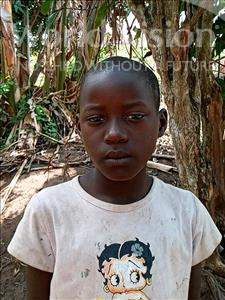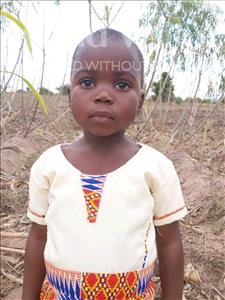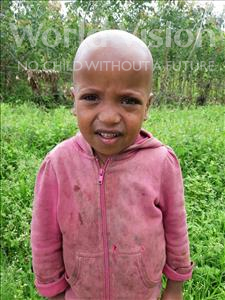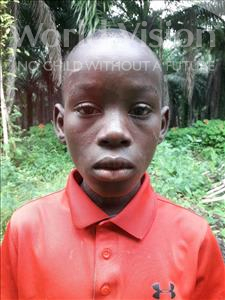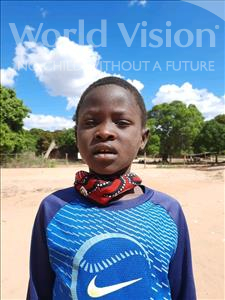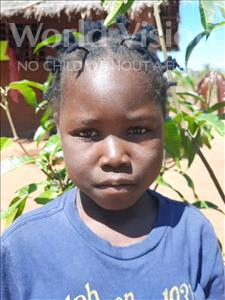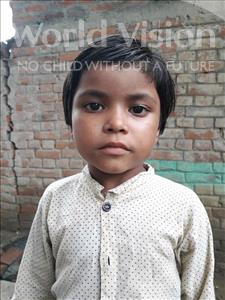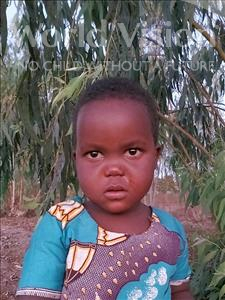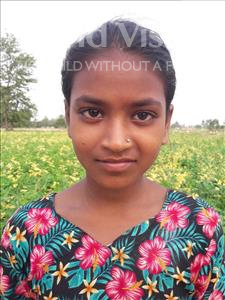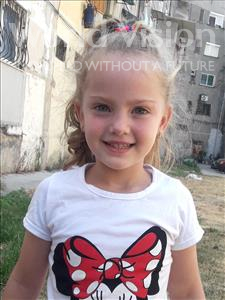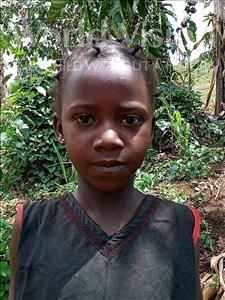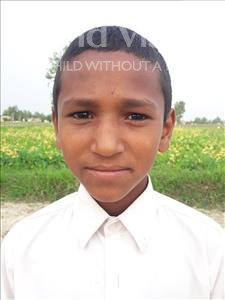Life with El Niño in Latin America | World Vision UK
The El Niño weather phenomenon is affecting countries across Latin America, including Bolivia and Honduras. Crops are failing and communities are being split. Read one family’s story with World Vision.
Under a dry sky: El Niño in Latin America
The consequences of climate change can often seem distant. Even with global reports of off-season rains, droughts, heat waves and other phenomena, it often seems like something that happens somewhere else. But El Niño is a weather phenomenon happening worldwide.
Communities across east and southern Africa, the Pacific Islands, South East Asia and Latin America have all been experiencing extreme weather conditions that have affected an estimated 60 million people. The effects range from heavy rainfall and flooding to long-lasting droughts.
We are working with communities around the world, including our sponsored children and their families in countries like Honduras and Bolivia, for whom El Niño has brought drought. One harvest has already been ruined, and families are now facing a second lean season.
One of the ways we’re helping families is through our partnership with the World Food Programme. Together we’re working with families to plant more durable crops and change their farming methods to adapt to the dryer conditions.
Lean seasons in Bolivia
Virgilio Antonio, a farmer in Bolivia, is one of many who’ve experienced the drought’s effects first-hand.
“In my community we didn’t have a good harvest last year. But this year was worse because we could not harvest even half of what we planted last year. Last year we gathered about 450kg of potatoes, but this year we got less than 225kg and this is too few to support my family.” says Virgilio.
“This year it still hasn’t rained and this does nothing to help our farming.”
“In my community everything is dry. We don’t have a spring and there is just a drip of water in the wash basin taps. The water is not enough to be able to water our vegetable greenhouses and our animals don’t have enough water to drink. If it continues like this, someone may die.”
Fear of hunger splits families
The affects of the drought go further than the obvious hunger and danger of malnutrition. When families can’t feed themselves or make a living from their crops, they have to look at alternative incomes. And this can have a profound impact on family life. Virgilio’s five-year-old daughter Silvia, has seen the affects of this on her friends and neighbours.
“I feel very sad because this year we have failed at growing potatoes; there isn’t a good harvest. Because of this, the people in my community are thinking of going to the city, because we can’t be here.” Silvia says.
Many families are leaving rural life, abandoning their farms and moving to the cities. But other families are being split apart as one parent heads to the city to make money. They plan to send funds home that will feed the family and provide seeds for the next harvest.
Helping
We’re committed to supporting the communities we work with in Honduras and Bolivia, providing food to the most vulnerable families. We’ve given some families food supplies like rice, beans, oil, and flour. For other families, cash or vouchers in exchange for work have been a better option.
“This year, World Vision has helped us with food like lentils, sugar and oil and this has helped us eat enough. But the biggest problem is the lack of water,” explains nine-year-old Limber, Virgilio’s son.
While we can’t change the weather, we’re helping families learn better ways to collect and conserve water and new ways of growing crops using greenhouses and poly-tunnels.
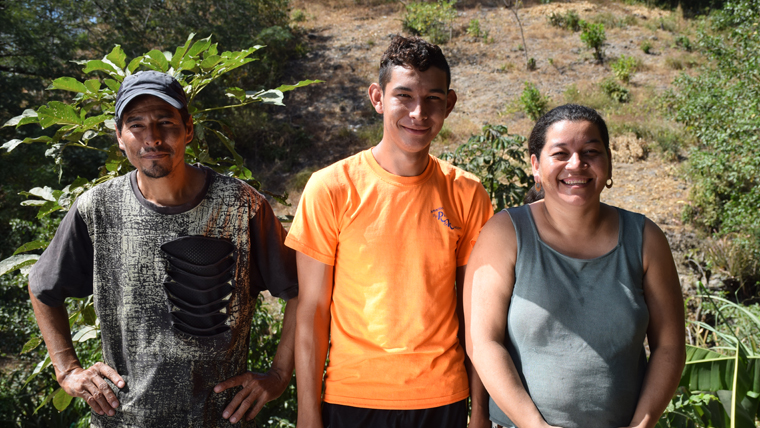 "We planted vegetables and a plant had more than 30 pods of beans. That abounds, and again we will plant beans for the soup," said a smiling Domitila with her husband Plinio and son Jossi, 18, in Honduras.
"We planted vegetables and a plant had more than 30 pods of beans. That abounds, and again we will plant beans for the soup," said a smiling Domitila with her husband Plinio and son Jossi, 18, in Honduras.
Find out more on how your sponsorship can make a difference to children living through El Nino here.
